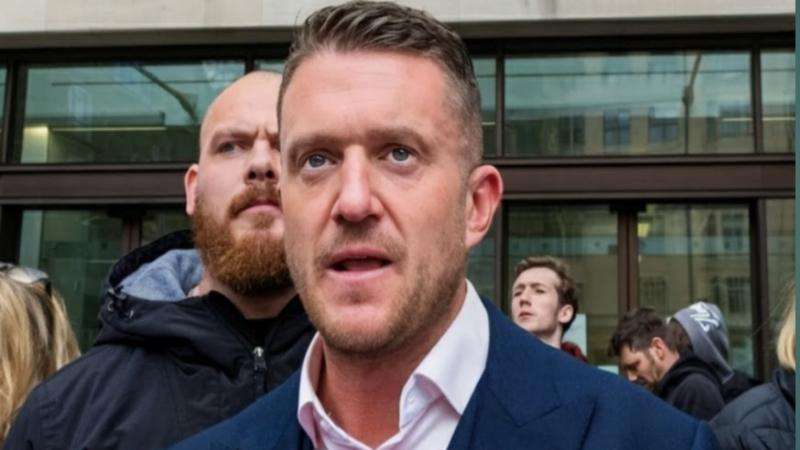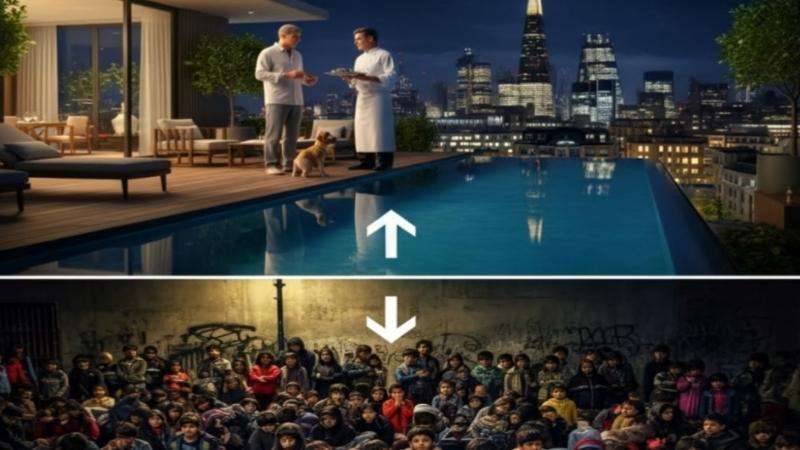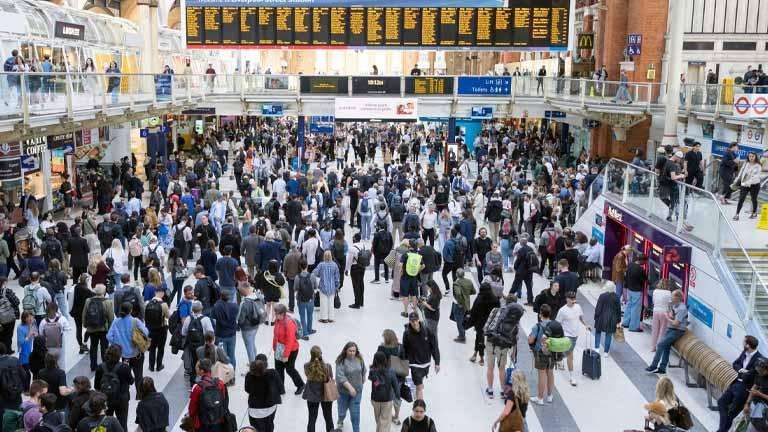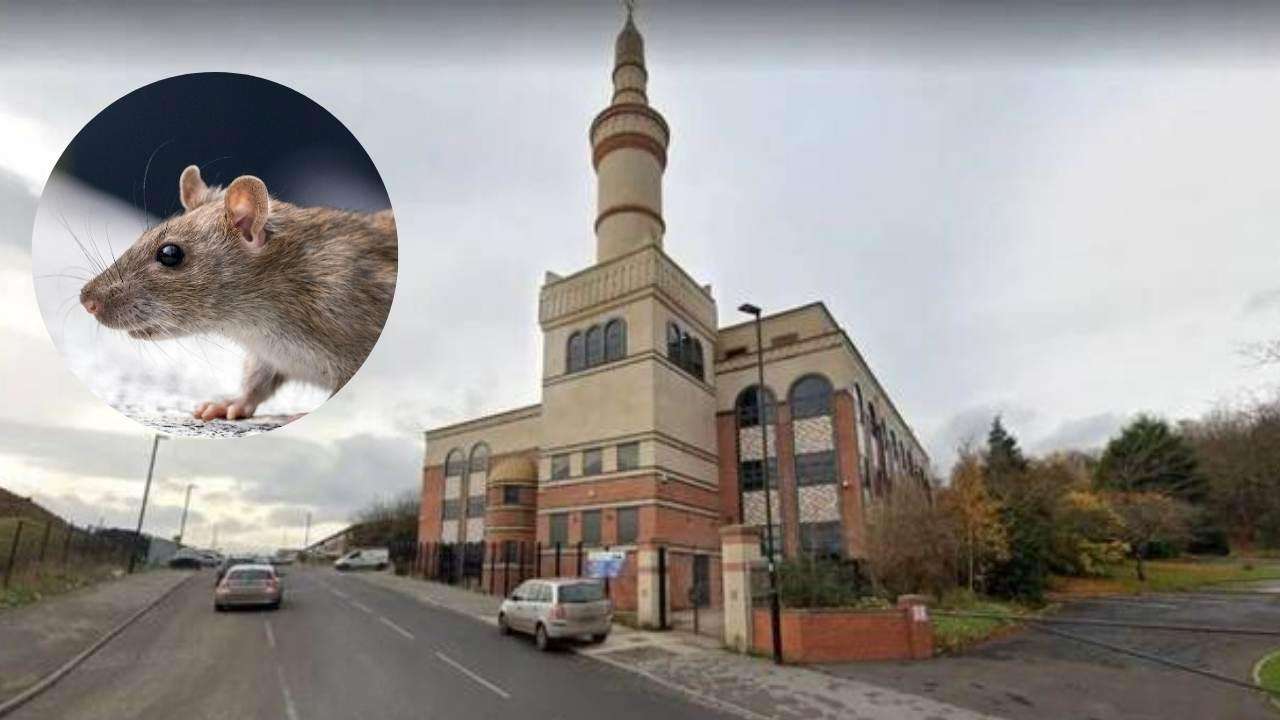Palestinian officials have reacted with outrage and dire warnings of "grave repercussions" following credible reports that Israeli authorities have enacted a "historic and unprecedented" shift in the administration of the revered Ibrahimi Mosque in Hebron. The move, reported by Israeli media and vehemently condemned by Palestinian ministries, involves stripping the Palestinian-run Hebron Municipality of its administrative powers over the holy site, transferring control to the religious council of the adjacent Kiryat Arba settlement.
Described as a strategic step to facilitate "structural changes" at the site, this alleged decision marks the first major alteration to the mosque's status since the 1994 Shamgar Commission recommendations, which controversially divided access following a massacre by an Israeli settler.
The Ibrahimi Mosque, known to Jews as the Cave of the Patriarchs, is revered by Muslims, Jews, and Christians alike as the burial place of Prophet Abraham. Its sanctity, however, has been overshadowed for decades by escalating Israeli restrictions and violations. These have included frequent bans on the Muslim call to prayer, closure of entrances to Muslim worshippers, routine settler incursions, confiscation of keys, invasive searches of worshippers, and harassment of nearby Palestinian residents. Just last week, Israeli settlers sparked outrage by holding a wedding in the mosque’s courtyard, further demonstrating their assertion of control.
Sources within the Hebron Municipality have revealed that their crews routinely face harassment and obstruction by Israeli soldiers when attempting to access the site for maintenance. Israeli forces deliberately prevent them from completing essential work, and the Hebron Rehabilitation Committee also faces frequent obstruction, blocking any restoration efforts inside or around the mosque.
The reported transfer of authority has ignited furious condemnations from across the Palestinian leadership. The Palestinian Foreign Ministry, along with other ministries and official institutions, issued strong statements describing the move as a "flagrant violation of international law and relevant UN resolutions." They reiterated that the Ibrahimi Mosque is "an exclusive Islamic endowment" and "a global religious heritage site," urging "urgent intervention" from UNESCO and the international community to halt its implementation. Officials have warned that this could set a dangerous precedent for applying similar settler control models to other religious and heritage sites across the occupied territories.
The timing of this development is particularly sensitive, coming just days after the UNESCO World Heritage Committee, on Monday, July 14, 2025, adopted a statement reaffirming the "Outstanding Universal Value" of Hebron's Old City. This UNESCO decision specifically underscored the need to protect the city, and by extension the Ibrahimi Mosque, from "Israeli colonial expansion" and "systematic efforts to alter [its] character."
The site's volatile history is tragically marked by the 1994 massacre, when armed Israeli settler Baruch Goldstein opened fire on Muslim worshippers during Ramadan prayers, killing 29 and wounding over 120. In the aftermath, instead of addressing settler extremism, the site was partitioned into a mosque and a synagogue, consolidating and expanding Israeli control over both the holy complex and significant parts of Hebron city, particularly H2, which is under full Israeli military rule.
The alleged transfer of administrative powers directly to the Kiryat Arba settlement council, an illegal Israeli settlement under international law, is seen by Palestinians as a decisive step in Judaizing the holy site and erasing its Islamic identity. As international bodies continue to highlight the universal heritage value of Hebron, the reported actions by Israeli authorities risk inflaming an already volatile situation and further undermining prospects for peace in the region.



_2.jpg)
_3.jpg)


.jpg)
.svg)


